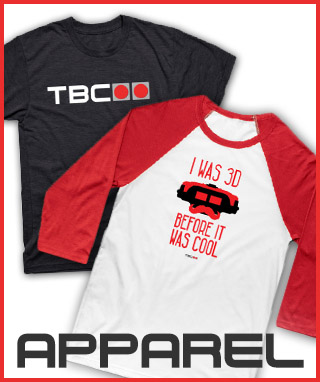SteamWorld Heist: Ultimate Edition is coming to Nintendo Switch! Also announced as a multiplatform game from Capcom: Street Fighter 30th Anniversary Collection. Which announcement are you most of excited about? Let us know in the comments!
“Exit the Premises” Kevin MacLeod (incompetech.com)
Licensed under Creative Commons: By Attribution 3.0
http://creativecommons.org/licenses/by/3.0/
Mario + Rabbids
NEW Mario + Rabbids Vs. Mode!
Ubisoft just dropped a brand new Mario + Rabbids mode on us, their unsuspecting fans. Vs. mode?! Yes please! Simeon and Scott will showdown and see who is the better strategist. Oh, and one more thing… BWAAAAAAAAAH!
“Exit the Premises” Kevin MacLeod (incompetech.com)
Licensed under Creative Commons: By Attribution 3.0
http://creativecommons.org/licenses/by/3.0/
Welcome to Your Future: DLC Expansion Passes Scott’s Thoughts
Nintendo has been diversifying their income of late. Not content to only sell you a console per generation and a shelf-full of games, offerings have increased to amiibo, special editions, and add-on downloadable content.
Rather than earning $40 off of Metroid: Samus Returns customers in North America, Nintendo was given twice the amount by hardcore fans who bought the limited box-set and amiibo two-pack.
There’s a new pricing model on the rise, and Nintendo calls it the DLC Expansion Pass.
Some might remember Legend of Zelda: Breath of the Wild as the game that introduced the Expansion Pass to us, but this method of DLC delivery was first utilized in Mario Kart 8 on Wii U, where two major add-ons were sold in one bundle and fulfilled over time.
Of course, Nintendo is one of the last companies in the industry to adopt the practice, but now that they have, there’s no looking back.
Seeing the success of Mario Kart 8 and Breath of the Wild, Nintendo and Ubisoft created an Expansion Pass strategy for Mario + Rabbids and Fire Emblem Warriors.
It’s a brilliant business model for a number of reasons.
- Players are encouraged to purchase additional content as early as day 1, when excitement for the game is at its peak.
- The people most likely to give a business money are the ones who are already giving it money.
- Revenue earned from advance DLC purchases fund continued development, where teams can keep working with existing assets for some time, rather than switching to a more expensive project from scratch.
- Expansion Pass owners are extremely unlikely to sell their game for some time, delivering a blow to the used market.
- 100% of DLC sales go straight to Nintendo, not split with a retailer.
- Prevents the base sticker price from climbing.
The benefits are self-explanatory, but the final one could use some unpacking.
High-definition video games have been $60 for a considerable amount of time (over a decade). Nintendo gamers held onto the $50 threshold a bit longer thanks to Wii’s standard definition output.
The cost of a video game feels high. It’s the better half of a hundred dollars. But it has remained low relative to two major factors:
1) Development costs are rising, not declining. 2) Inflation is constantly active.
Watch our Pricing Through The Ages video to get an idea of how quickly the dollar loses value. You need more “money” to purchase the candy bar today than you did five years ago. Despite this, software prices remain steady.
That’s why Nintendo has been diversifying, and the Expansion Pass is a win-win strategy. Gamers get to support the developers of titles they care about, and Nintendo gets to stay in business!

